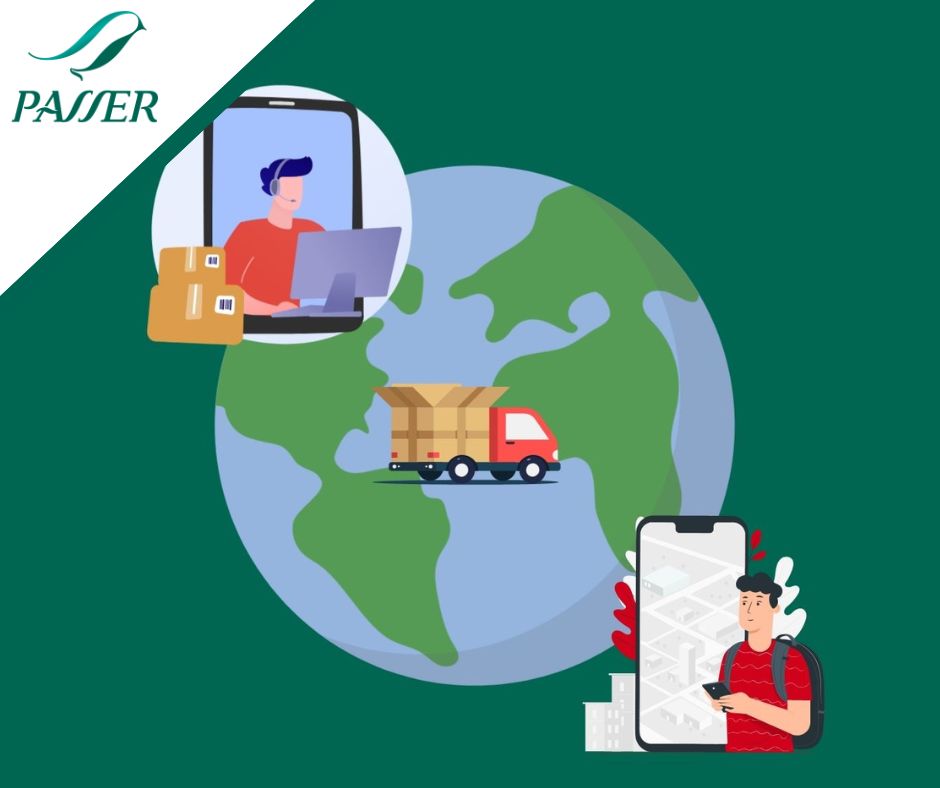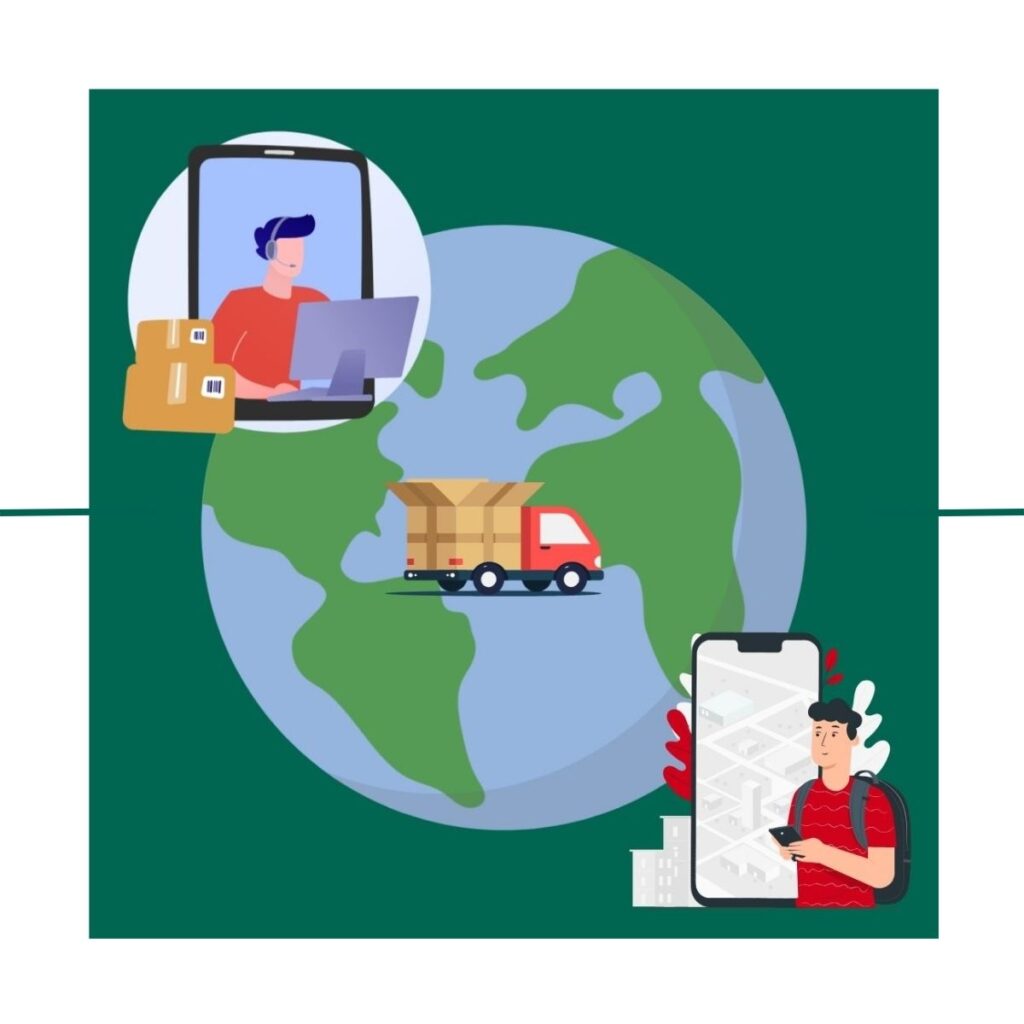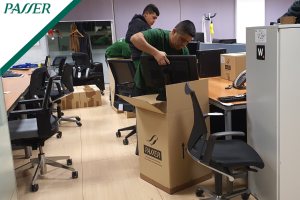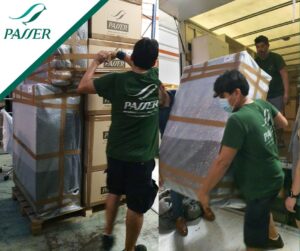Advanced Technologies in Logistics and Corporate Transportation
The corporate logistics and transportation sector has evolved significantly thanks to advanced technologies, transforming the way companies manage their operations. These innovations allow for greater efficiency, route optimization and precise control of the supply chain. In this article, we explore the main technologies that are revolutionizing the sector and how companies are implementing them to offer more efficient logistics services tailored to the needs of their clients.
Why are Technologies Important in Logistics and Transportation?
Companies that use advanced technologies in logistics and transportation have a significant competitive advantage. Not only do they allow them to reduce costs and delivery times, but they also offer a more transparent and personalized experience to their customers. In addition, these technologies contribute to sustainability by optimizing routes and minimizing the use of resources.
Key Benefits of Technology Implementation
- Route Optimization: Technology enables more efficient routes to be calculated, reducing delivery time and fuel consumption.
- Real Time Management: Facilitates monitoring and traceability of shipments in real time, offering greater control and ability to react to unforeseen events.
- Costs reduction: Automate repetitive processes and improve inventory management, reducing operating expenses.
Technologies that are transforming logistics and transportation
IoT (Internet of Things)
The Internet of Things (IoT) enables devices and vehicles to be connected through smart sensors. These collect and transmit real-time data on location, vehicle status and charging conditions.
- Vehicle and Cargo Monitoring: IoT sensors track the status of the cargo, ensuring it remains in optimal condition throughout the journey.
- Predictive MaintenanceBy analyzing vehicle health data, potential faults can be identified before they occur, preventing unexpected breakdowns.
Artificial Intelligence (AI) and Machine Learning
AI and machine learning are used to predict demand, optimize routes, and manage inventories automatically. These technologies can also identify purchasing patterns and adjust shipments based on market trends.
- Smart Route Planning: Advanced algorithms analyze factors such as traffic and weather conditions to suggest the most efficient routes.
- Predictive Analysis: AI predicts market behavior, helping companies anticipate demand and adjust their logistics operations.
Warehouse Management Systems (WMS)
Warehouse management systems allow you to automate inventory control, space allocation, and order picking. These systems facilitate coordination between warehouses and transportation fleets, ensuring a smooth operation.
- Space Optimization: WMS determines the best location for each product within the warehouse, maximizing the use of space.
- Order Automation: Automatic orders can be scheduled to avoid stockouts and ensure that stock is always available.
Blockchain
Blockchain is changing the way supply chains are managed, providing an additional layer of security and transparency. Through this technology, every transaction or cargo movement is recorded immutably, reducing the possibility of fraud.
- Transparent Traceability: Every step in the supply chain is recorded, allowing businesses and customers to check the status of products in real time.
- Data Security:The information stored in blockchain is unalterable, ensuring the integrity and authenticity of logistics records.
Autonomous Vehicles and Drones
Autonomous vehicles and drones are emerging as disruptive technologies in freight transport. While they are still in the testing phase in many places, their potential for fast and efficient deliveries is enormous.
- Drones for Last Mile DeliveriesDrones are ideal for making quick deliveries in congested urban areas.
- Autonomous Vehicles for Long-Distance Transport: Autonomous trucks can operate for longer periods of time without needing to rest, reducing delivery times.
- store and deliver efficiently, minimizing human error.
Future of Corporate Logistics and Transportation
The future of corporate logistics and transportation will be marked by the integration of even more advanced technologies, such as robotics and full warehouse automation. Companies that adopt these technologies will be better positioned to offer faster, safer services that are adapted to changing market needs.
Emerging Trends
- Total Warehouse Automation: Robots and automated systems will take over most tasks in warehouses, increasing accuracy and efficiency.
- Electric Vehicle Fleets: With the increasing focus on sustainability, electric vehicles will be instrumental in reducing carbon emissions in logistics.
Conclusion
Advanced technologies are revolutionizing the healthcare sector. corporate logistics and transportation, offering greater efficiency, security and flexibility in operations. Logistics companies must be at the forefront of this transformation, integrating innovative solutions that ensure a superior logistics experience for their customers. Adapting to these technologies is not only a necessity, but an opportunity for companies to optimize their processes and remain competitive in the market.
Do you need to make a move? we can help you
At Passer we are always willing to collaborate










